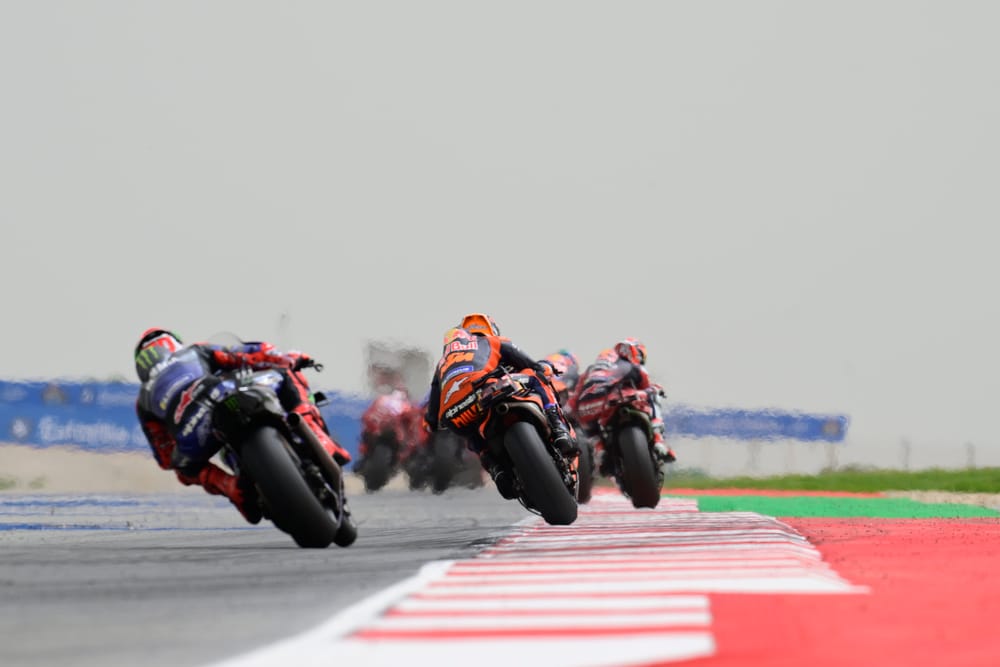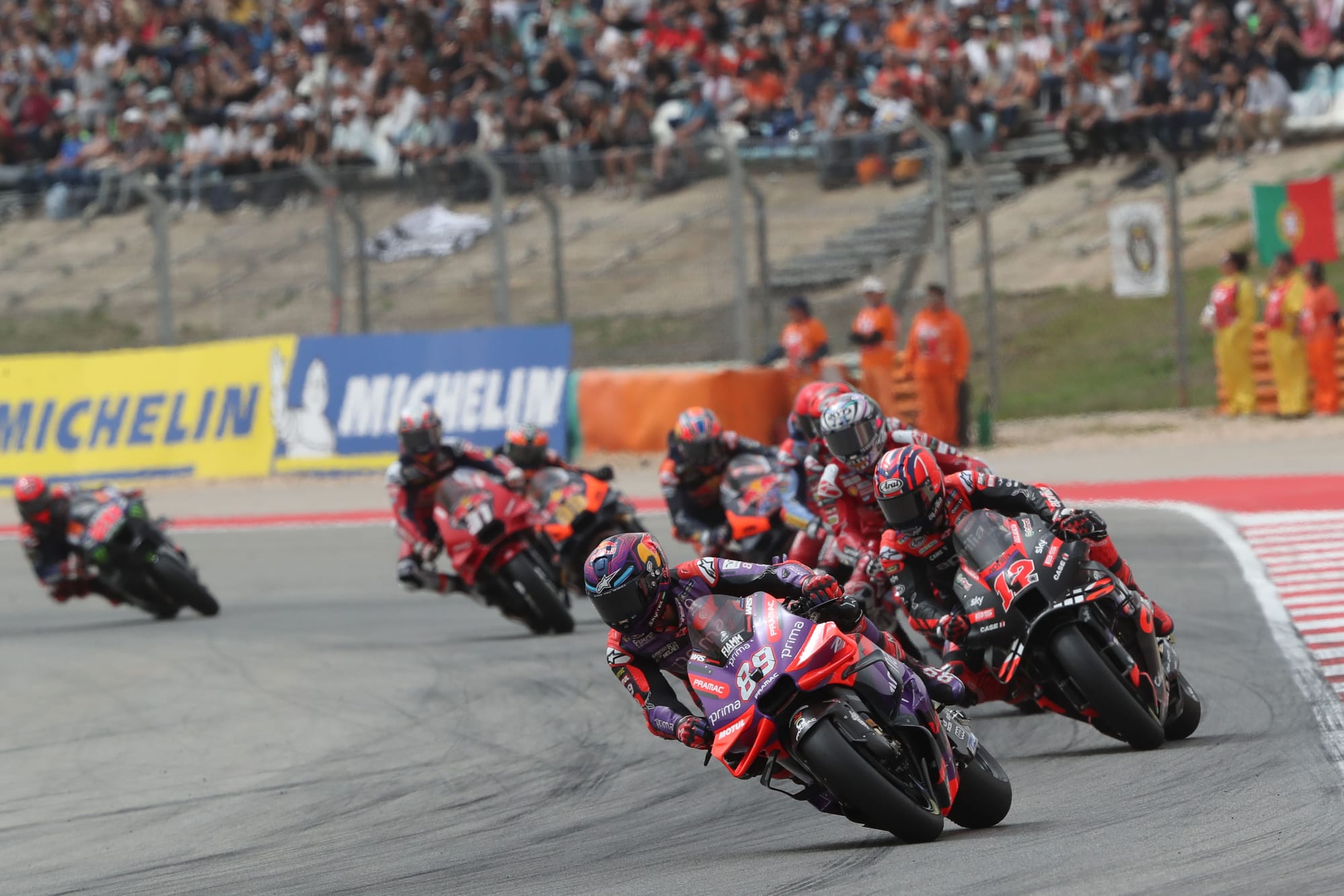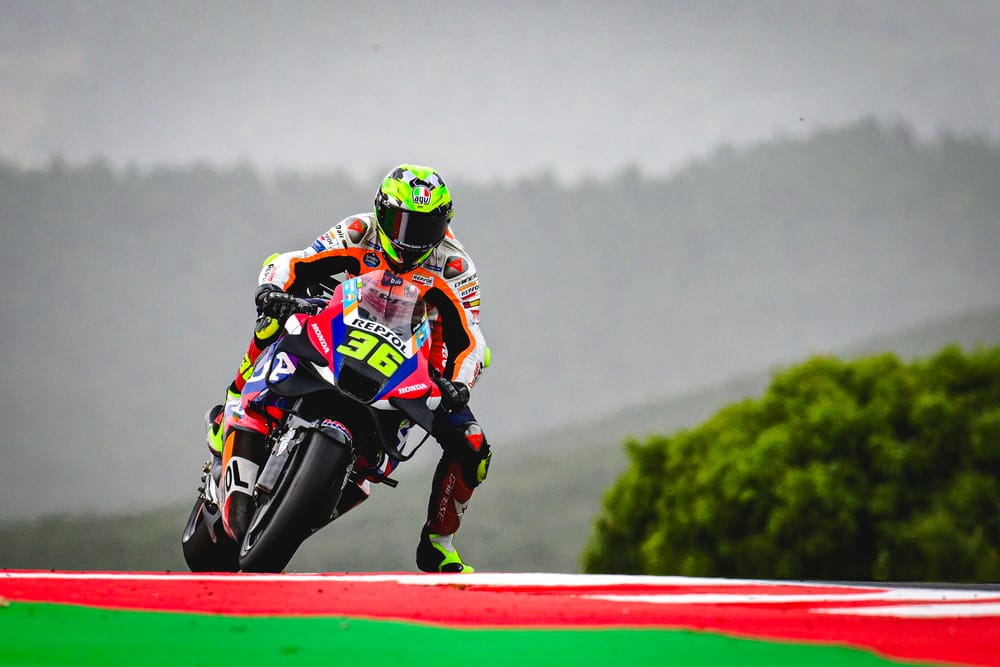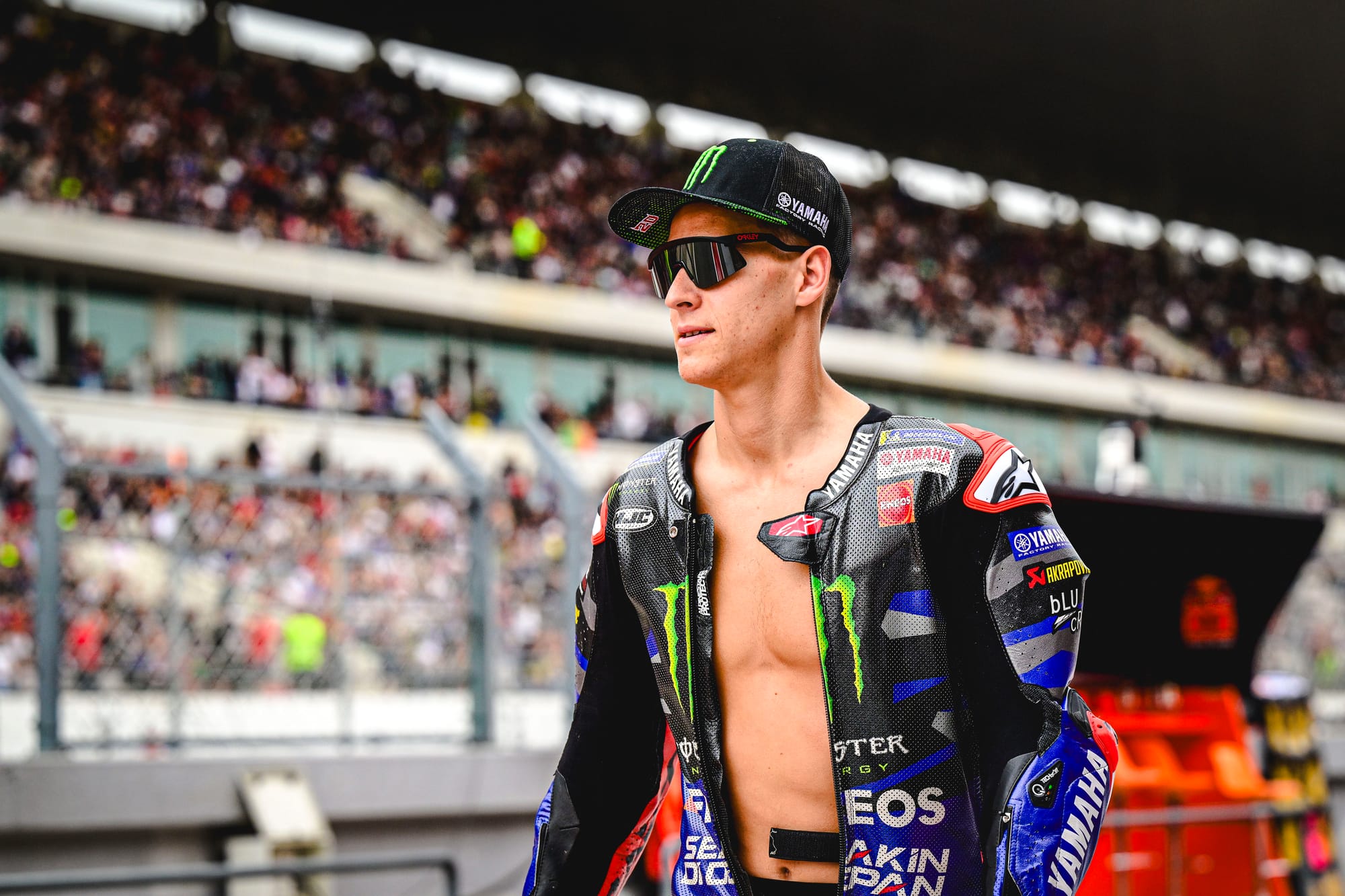Formula 1 owner Liberty Media has outlined its case for why it believes its takeover of MotoGP will receive the blessing of competition regulators despite a past precedent of joint MotoGP/F1 ownership being challenged.
Liberty has been floated as a potential new owner of MotoGP promoter Dorna Sports for a considerable amount of time, but such a prospect has always been met with questions about whether the deal would fall foul of European Union anti-monopoly policies.
And this stood as no mere hypothetical because of a past precedent from 2006, that of private equity group CVC Capital Partners purchasing the majority of shares in Formula One Group while still being the owner of MotoGP promoter Dorna.
The CVC case
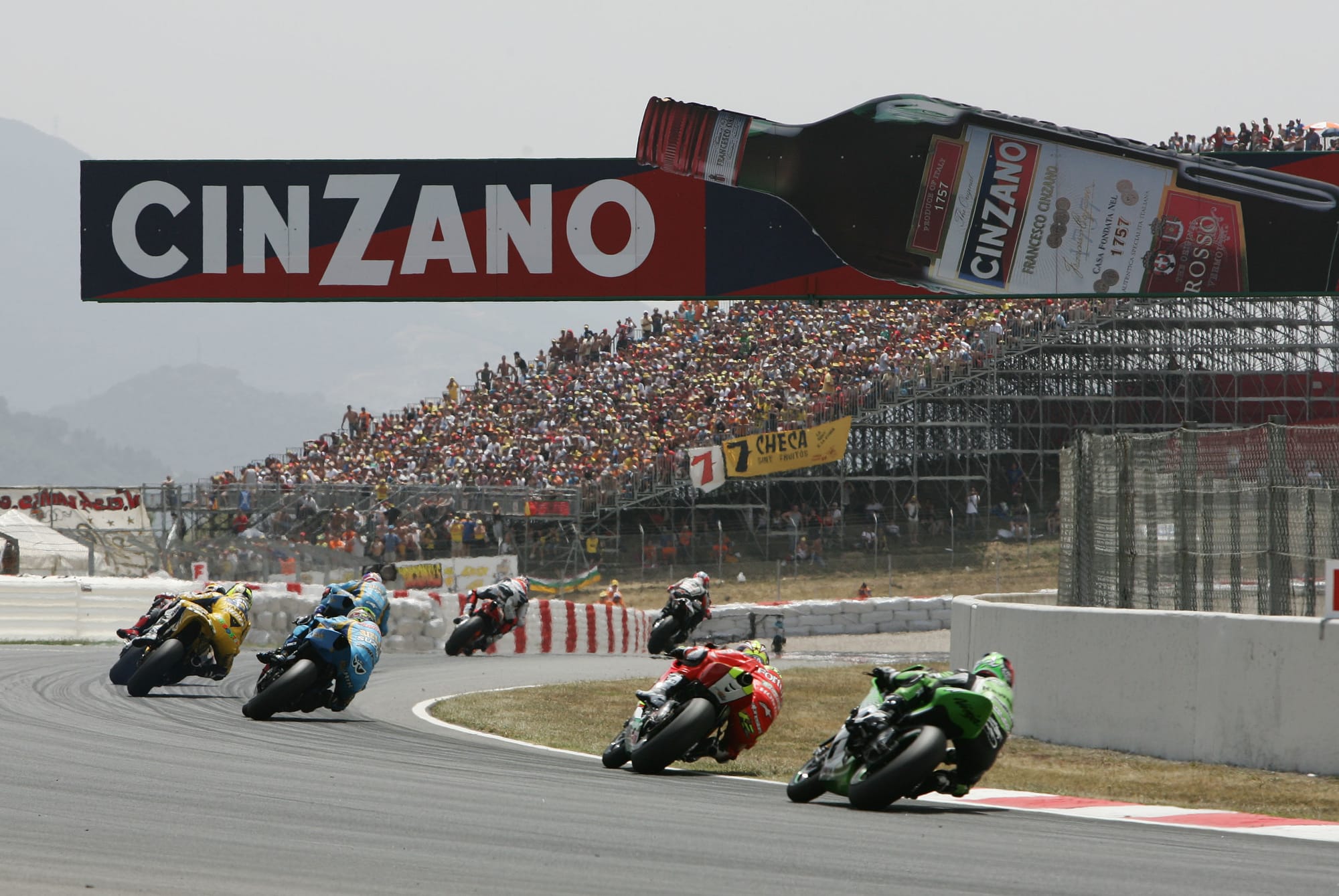
To complete its F1 takeover, CVC elected to divest itself of its ownership in Dorna due to "serious doubts" as to simultaneous ownership of F1 and MotoGP "impeding effective competition".
These doubts were formally outlined in the eventual decision to grant CVC's F1 takeover approval, signed by then-European Commissioner for Competition Neelie Kroes.
The Commission considered that, in terms of markets of operation between F1 and MotoGP, there was no meaningful overlap in terms of motorsport regulators, advertisers and participating teams/manufacturers.
And there was only minor overlap when it came to circuits, which didn't reach the bar of creating "serious doubts". This was partly due to the specific complications of adapting circuits to both F1 and MotoGP as per safety requirements, and there only being one EU venue at the time - Barcelona - hosting both F1 and MotoGP races.
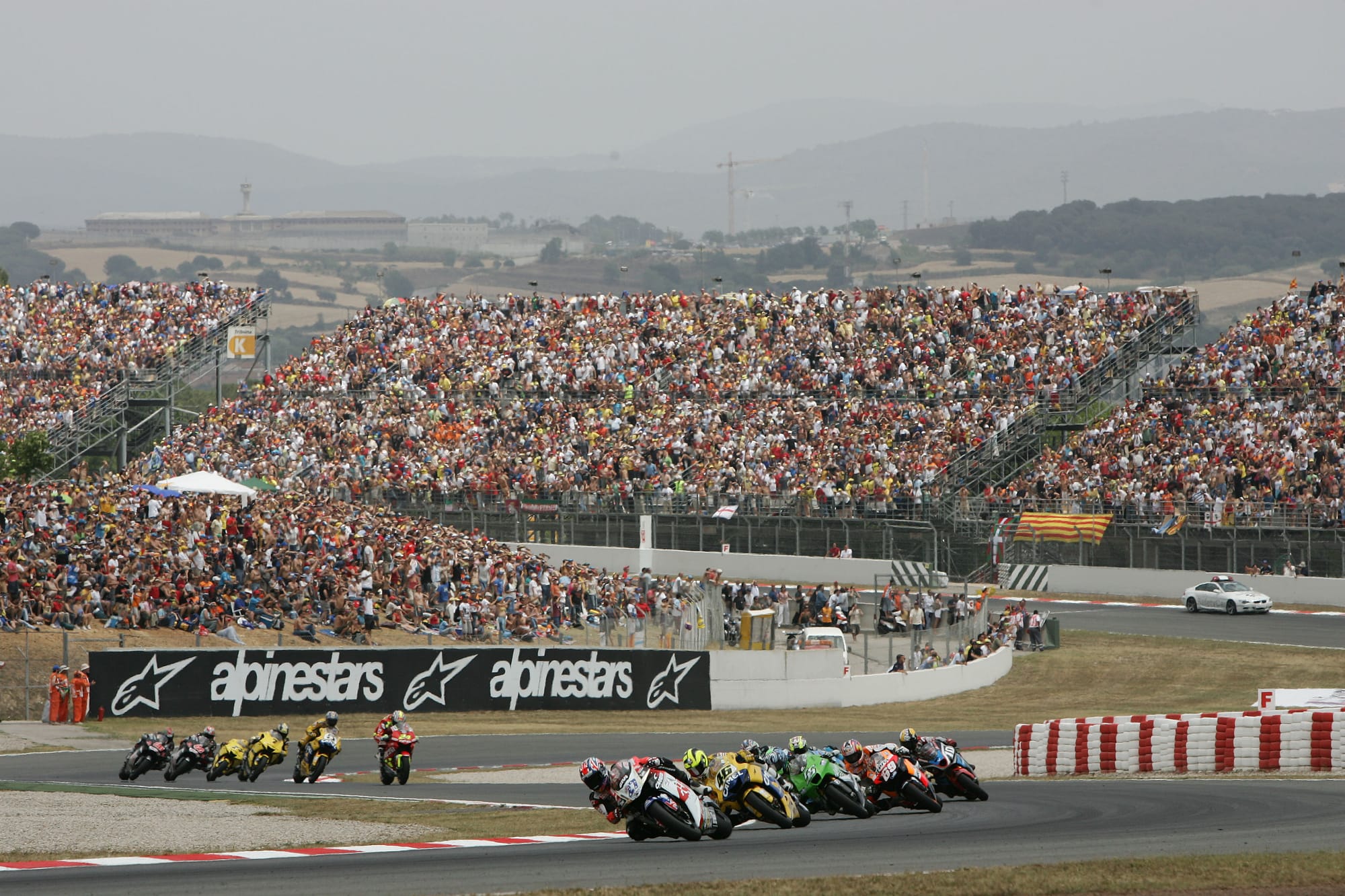
As of 2024, that number is two (Barcelona and Red Bull Ring), although both series' calendars have expanded.
But the big sticking point for the regulatory body at the time was the "significant horizontal overlap" in terms of TV rights markets, particularly in Spain and Italy, where F1 and MotoGP were deemed as being "each other's closest substitutes" and the market for other motor racing events was comparatively limited. This was linked to a theoretical strengthening of CVC's "bargaining position" in terms of TV rights and thus a potential price increase.
There was also a discussion of the possibility of "bundling" - and thus the anti-competitive impact of F1 and MotoGP rights being sold together - although whether there would actually be the incentive to do so was disputed.
"When the two most popular motorsports events in the EU, Formula 1 and MotoGP, come in the hands of one owner, there is a risk of price increases for the TV rights to these events and a reduction in consumer choice," Kroes was quoted as saying at the time. "I am satisfied that the commitments given by CVC will eliminate this risk."
But the EU assessment at the time did also emphasise that the impact was on free-to-air TV markets in particular. "The business model of MotoGP and Formula 1 is built around their presence on free-to-air TV," the verdict stated. In terms of both F1 and MotoGP, this has clearly shifted hugely in the past two decades.
Liberty's argument

Liberty's announcement of its investment - an 86% ownership of Dorna (previously primarily owned by Bridgepoint and the Canada Pension Plan Investment Board), with the remaining 14% described as remaining in the hands of its existing management - was heavily caveated by the acknowledgment that it still required regulatory clearance.
It included a "cautionary note regarding forward-looking statements" that, among other things, mentioned one of the "risks and uncertainties" as being that "the parties may not satisfy all conditions to the proposed transaction, including the failure to obtain regulatory approvals".
However, Liberty Media CEO Greg Maffei said in an investors' call surrounding the planned acquisition that he was "very confident" regulatory permission would be granted.
"We believe there is a broad market for sports and entertainment properties, of which both F1 and MotoGP are only a small subset, and that the market has continued to change from the time when this was previously reviewed in a major way," Maffei said, seemingly pointing to the 2006 case.
"We are going to not treat these as a bundle or try to bring them together to market, these are both separate properties.
"The things we bring to the table here are not in any way leveraging the two. I think it's pattern recognition and leveraging some of the learning we've had from F1 and some of the opportunity we see to expose MotoGP [to audiences], not in any way to leverage the two.
"So I think we're very confident in the regulatory side."
Maffei then invited Liberty's chief legal officer Renee Wilm to give her view.
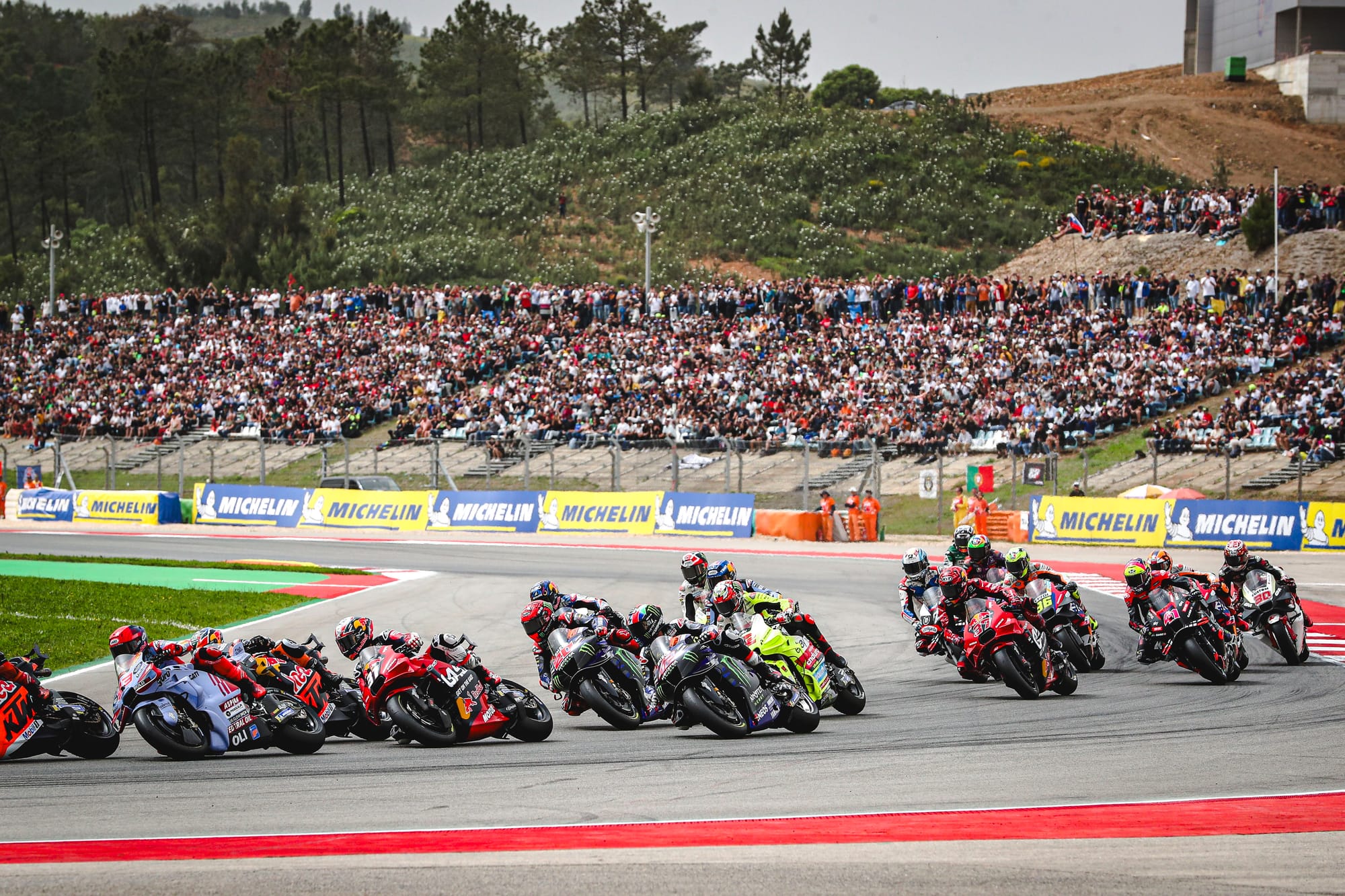
"The CVC decision, which is almost 20 years old, was never really followed up in terms of any kind of in-depth investigation or appeal process," said Wilm.
"They chose to just quickly close and move on. I think whey you factor in that we are going to engage very quickly with the regulators, making all the points that Greg just very clearly articulated, and also just noting a change in the media landscape over the last 20 years, we are pretty confident we can get this done quickly and get the transaction cleared."
Wilm said Liberty would be filing with the relevant EU, UK, Brazil and Australia bodies for antitrust clearance, and would also be making FDI (foreign direct investment) filings in Spain and Italy, enabling the screening of the transaction based on public interest there.
"I remember speaking to the CVC management - they were under a tight timeframe to get a deal done on buying F1," added Maffei.
"They did not have the time to go and work through the regulatory process.
"And they were a PE [private equity] firm which had a big gain in one product and they were moving on to buy the other, and when they had a contract they had to execute on it.
"We are in a very different position. We are absolutely aligned, as a group, into a changed market, we are not under the same sort of time pressures. We believe that the regulatory process will move smoothly and quickly - but they'll take the time they need, and this deal will get done."


